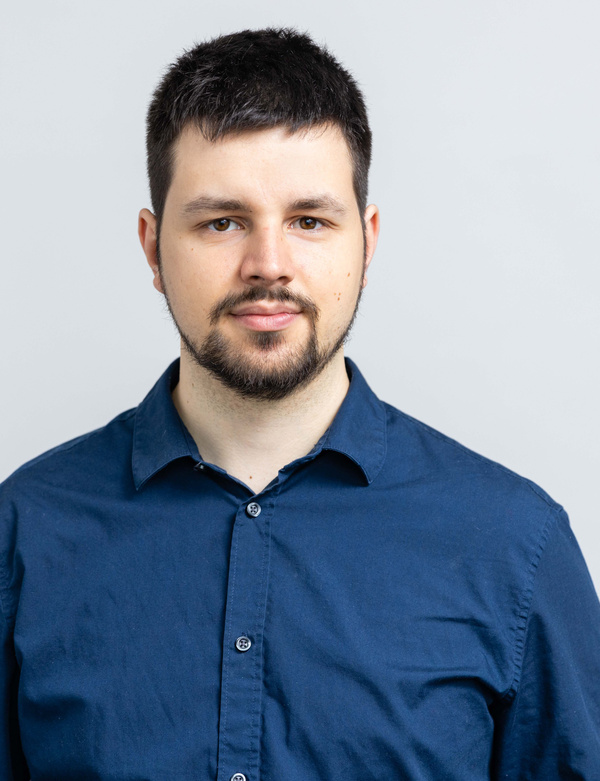Leonard Hackel won Rolf-Niedermeier-Award
BIFOLD Graduate School student Leonard Hackel was awarded the Rolf-Niedermeier-Award for the best master thesis in Computer Engineering of TU Berlin Faculty IV. In his thesis "Transformer-based Lightweight Visual Question Answering for Earth Observation" he developed novel lightweight transformer-based visual question answering (VQA) models for Earth observation.
As a result of advancements in satellite technology, recent years have shown a significant increase in the volume of satellite image archives. Accordingly, the development of accurate visual question answering methods that aim to extract information from satellite images by asking a free-form question has attracted great attention. The state-of-the-art visual question answering models for Earth observation are large, resource-intensive and costly to run.
Leonard Hackel's models require a small number of parameters and computational requirements without any loss in accuracy compared to the state-of-the-art models. To investigate the importance of different components of his models, he designed a configurable framework that allows for quick modifications to the different components. Moreover, he developed the first visual question answering dataset that include multi-sensor satellite data with very high number of question-answer data. The models, the framework and the dataset that he developed during his thesis offer important resources to support studies on visual question answering in Earth observation.
Leonard Hackel joined the BIFOLD Graduate School in autumn 2022: "Already during school I was interested in programming robots in space through the Zero Robotics Contest of the ESA. During my bachelor studies in Technische Informatik at TU Berlin and TU Delft I attended several courses on space robotics, aerospace engineering and image processing and deepened my interest during my master in Computer Engineering at TU Berlin through courses and my final thesis in Remote Sensing. During my studies I became interested in research in remote sensing and with the help of the BIFOLD graduate school I can now pursue my goal to do a PhD in this field."
